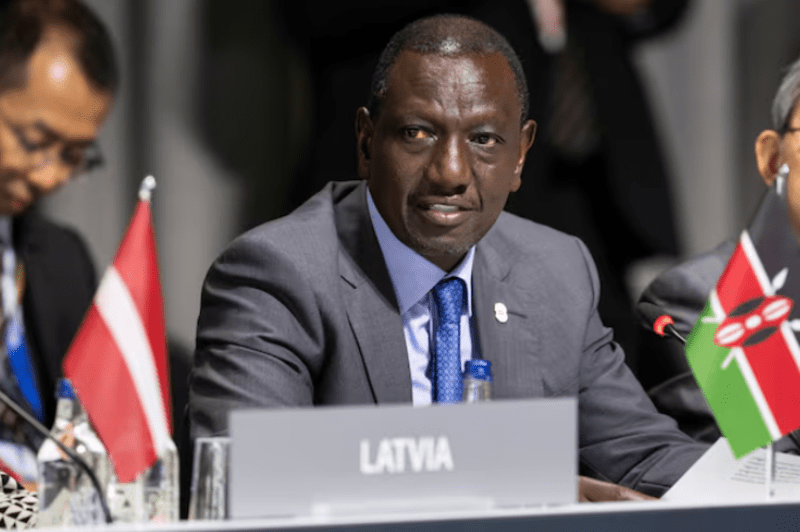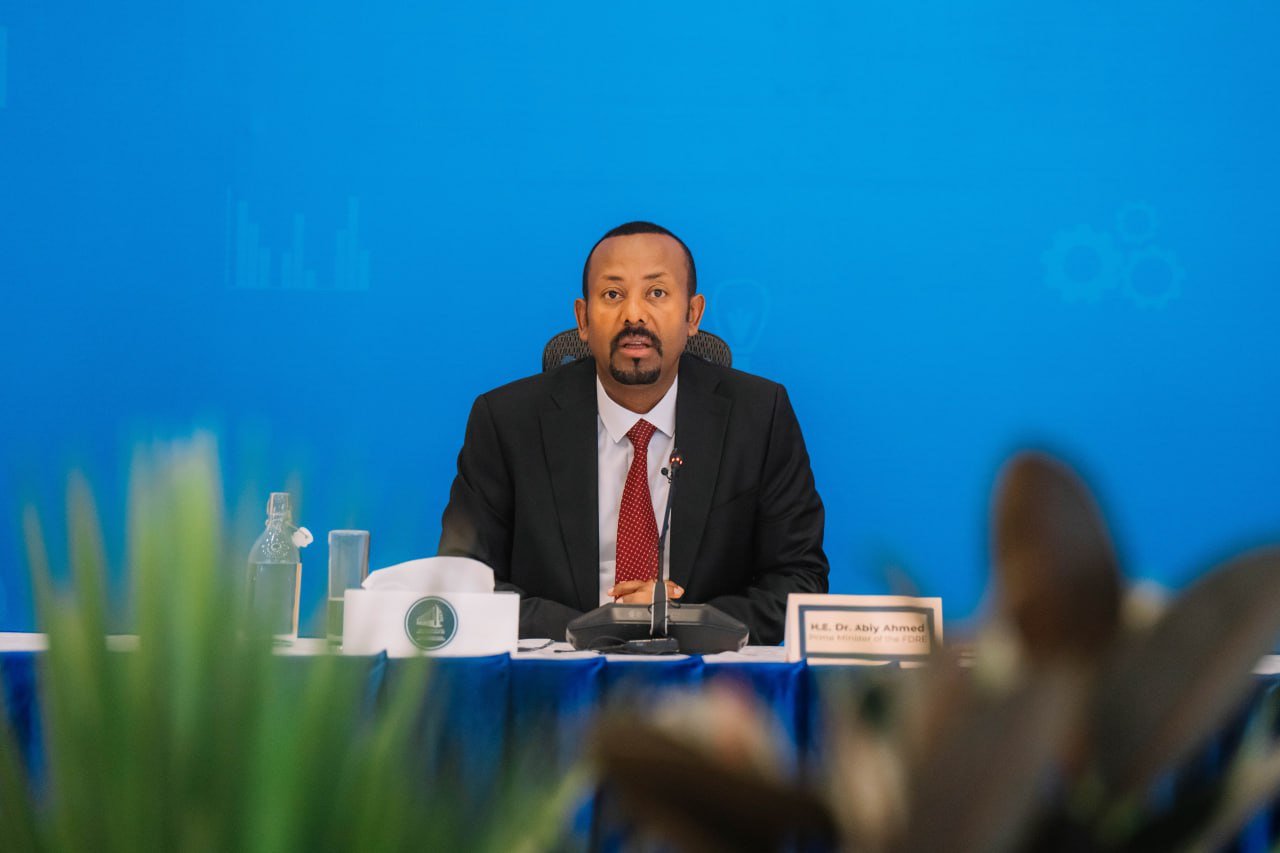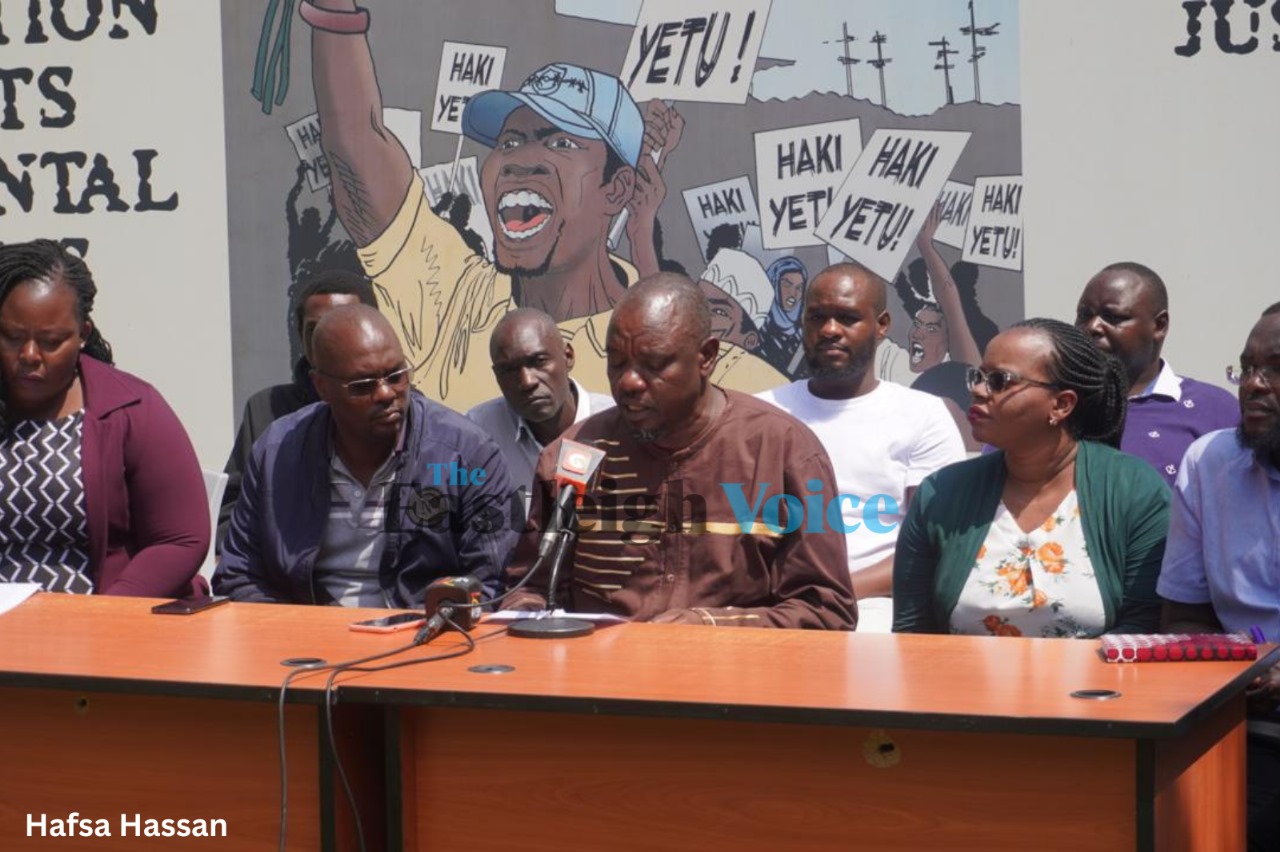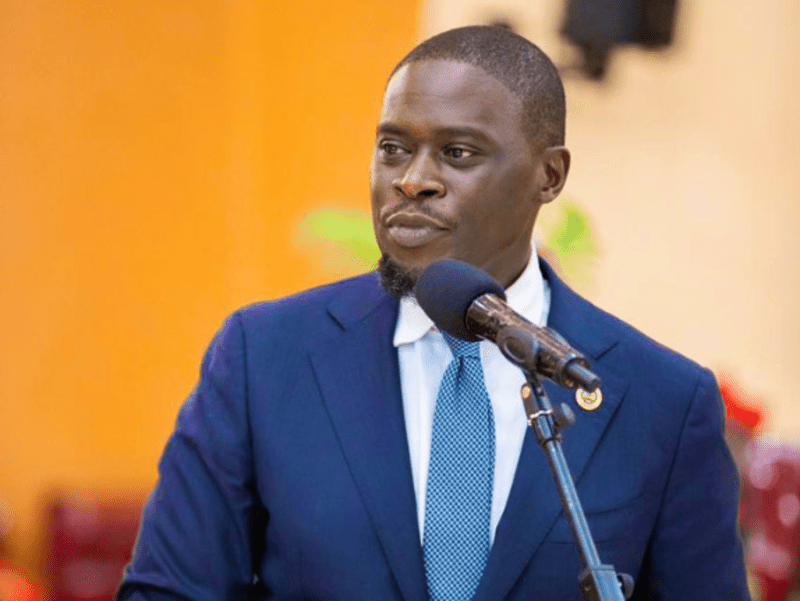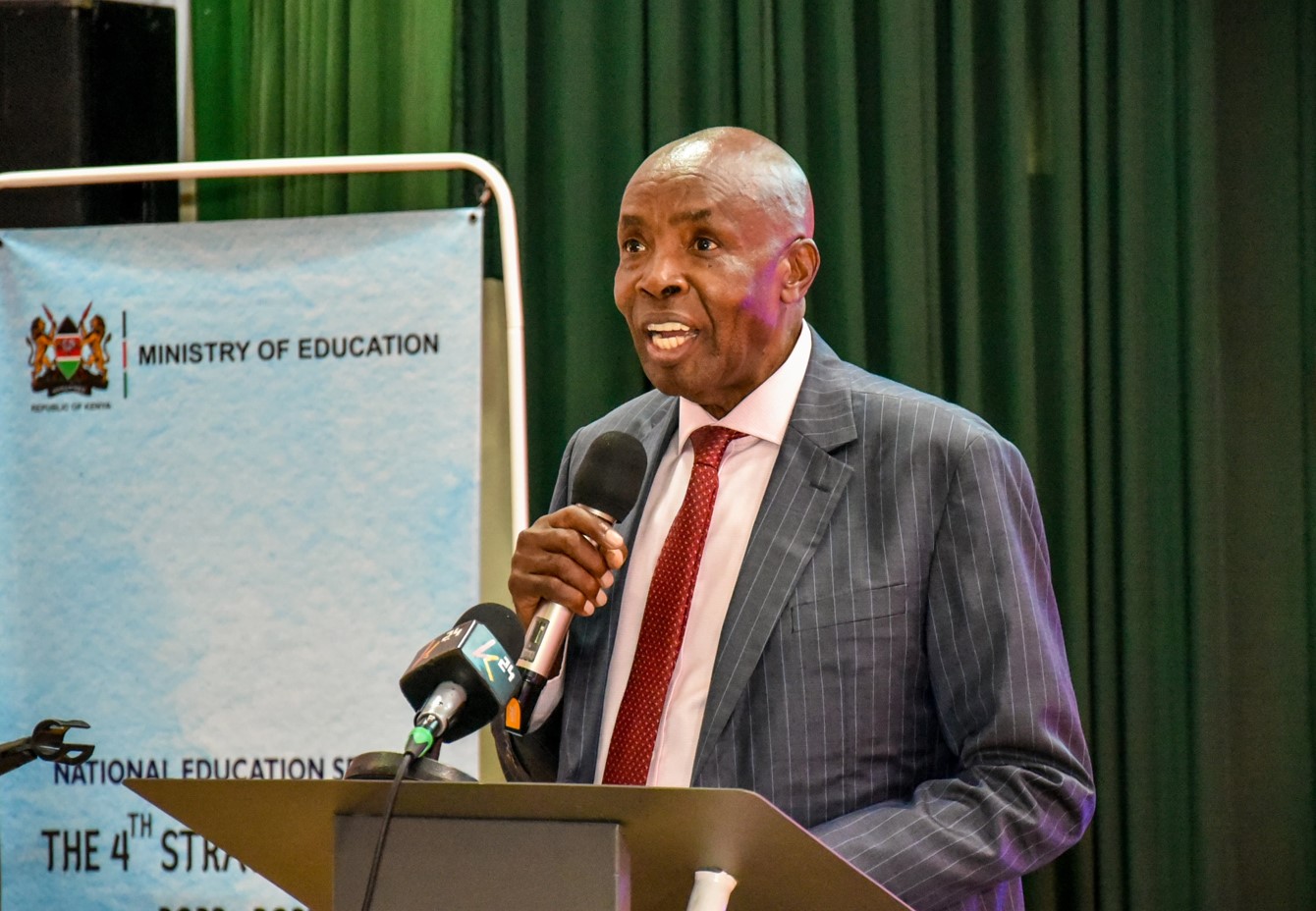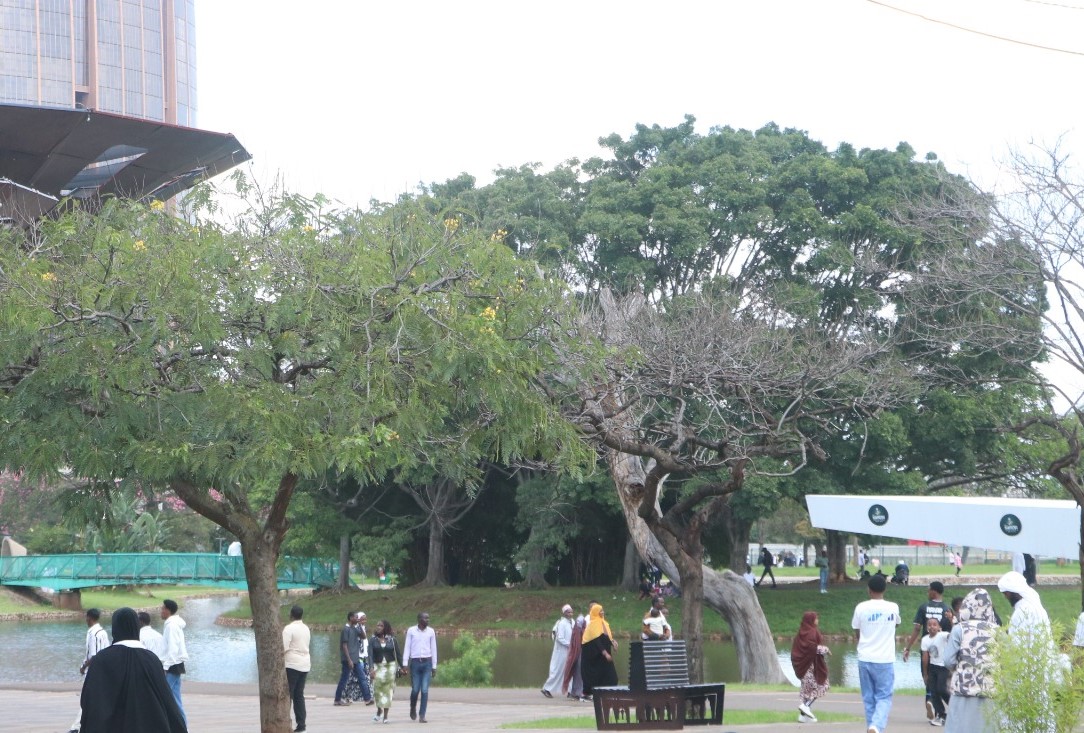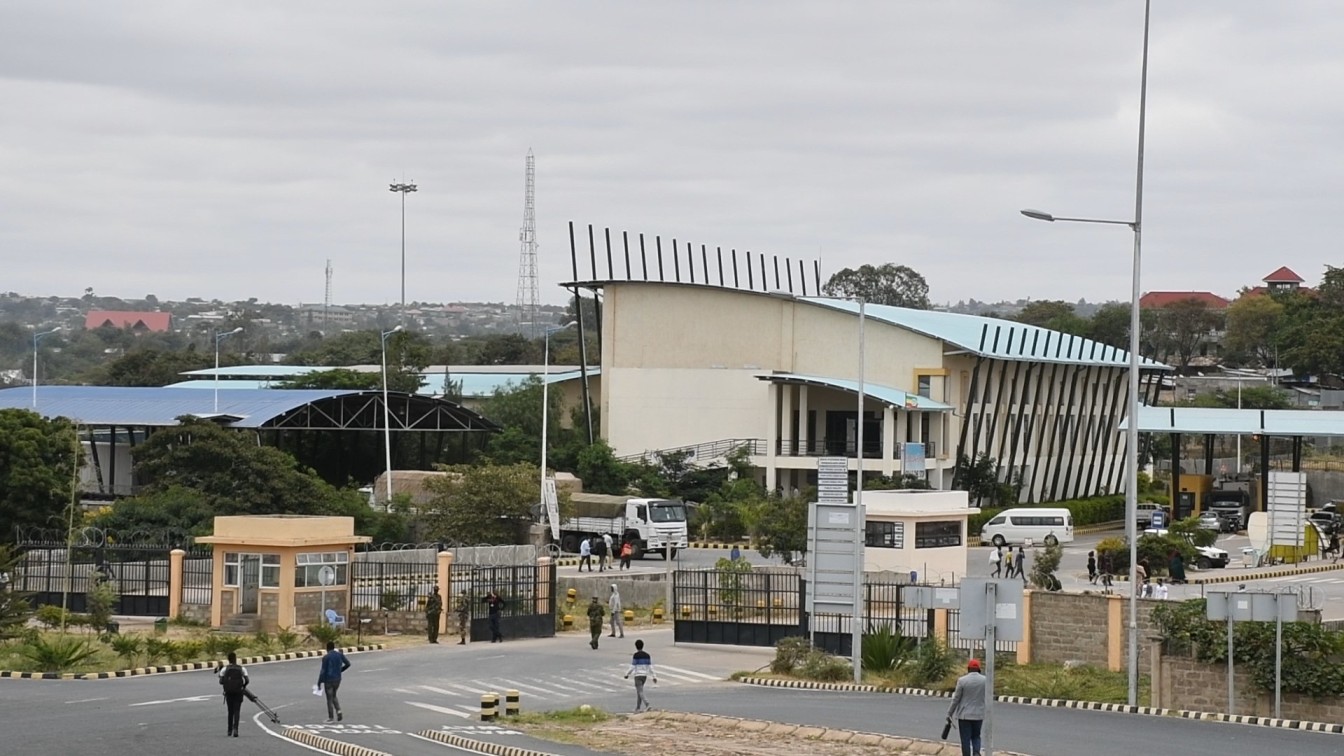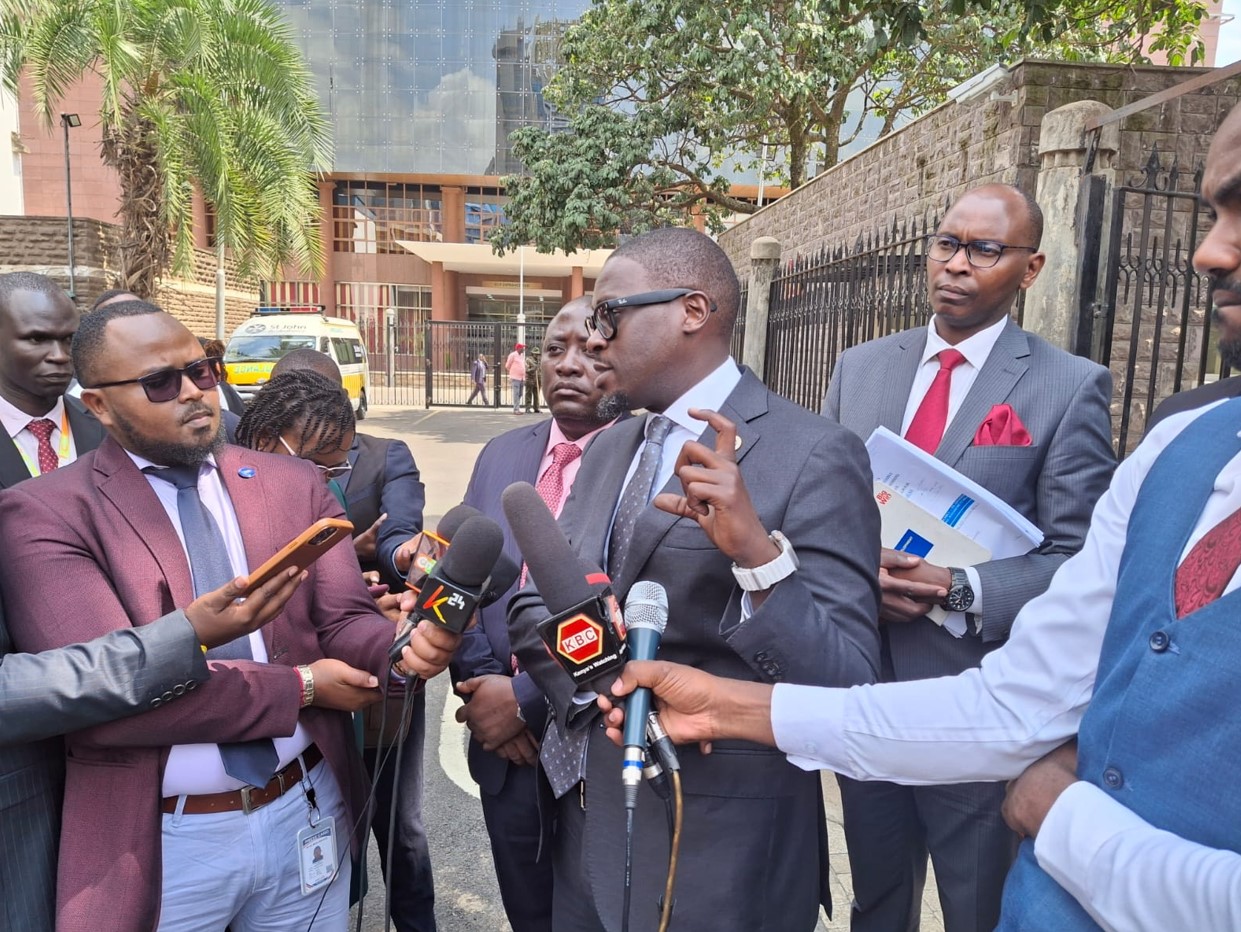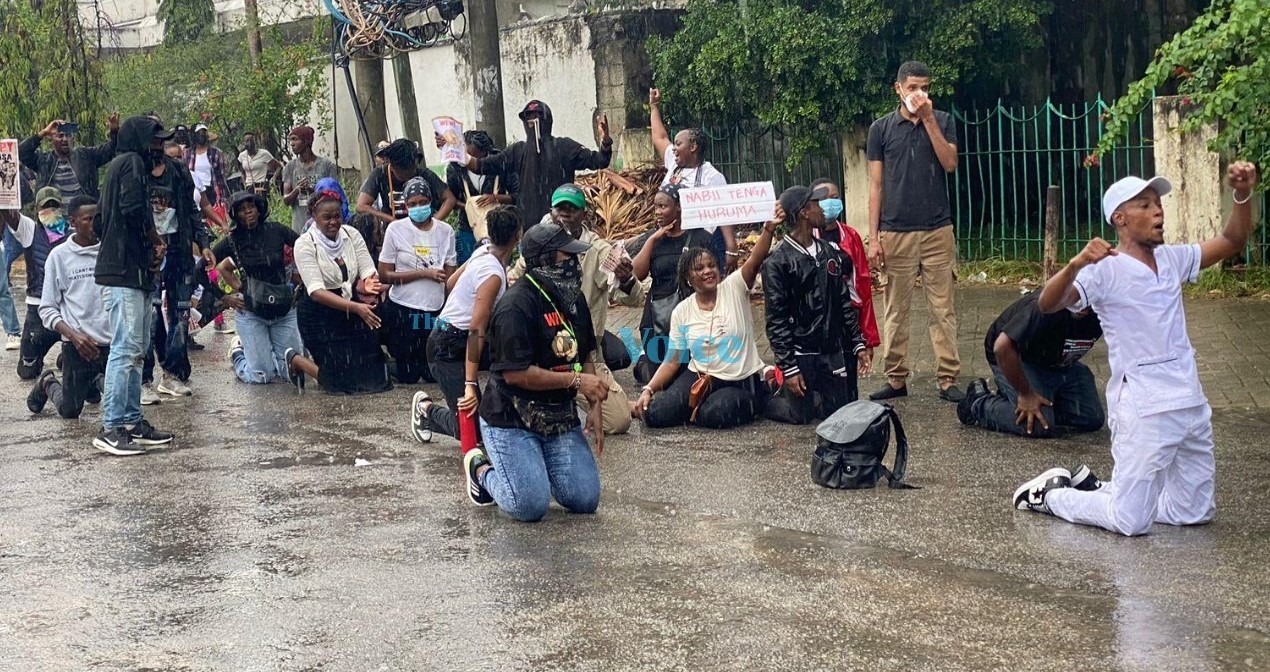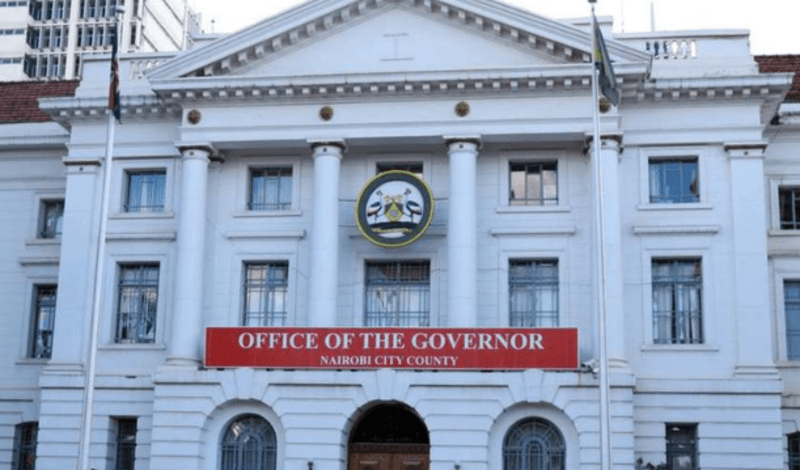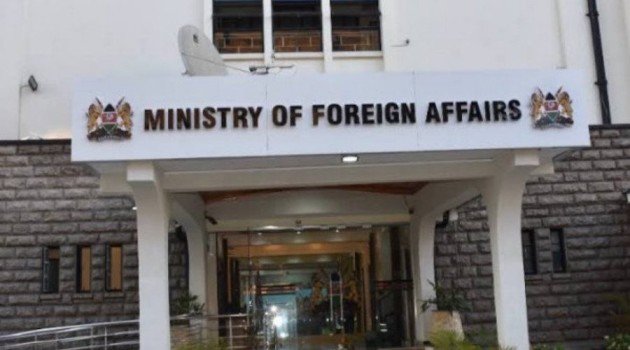Ugandan Judge Julia Sebutinde elected as ICJ vice president

By Bashir Mohammed |
She previously worked as a judge at the Special Court for Sierra Leone from 2005 to 2011.
International Court of Justice (ICJ), Judge Julia Sebutinde of Uganda was elected as the Vice-President of the court by her peers for a three-year term.
Having served as a Member of the ICJ since February 6, 2012, Vice-President Sebutinde previously worked as a judge at the Special Court for Sierra Leone from 2005 to 2011.
Keep reading
Last month, she attracted attention by voting against all provisional measures that the UN court ordered Israel to undertake in response to a case brought by South Africa regarding the war in the Gaza Strip.
Last month, the Judge made headlines after she voted against all provisional measures that a UN court ordered Israel to undertake in a case brought by South Africa concerning the war in the Gaza Strip.
On January 26, the ICJ found South Africa's claim plausible, accusing Israel of genocide against Palestinians. The court issued an interim order urging Israel to improve the humanitarian situation in Gaza and to stop obstructing aid deliveries.
Despite the majority of the ICJ judges supporting these measures, Sebutinde voted against all six, sparking a wave of criticism.
In a statement addressing Sebutinde's decision, Uganda's Permanent Representative to the UN, Adonia Ayebare, clarified, "Justice Sebutinde's ruling at the ICJ does not represent the Government of Uganda’s position on the situation in Palestine. Uganda’s support for the plight of the Palestinian people has been expressed through our voting pattern at the United Nations."
Sebutinde's solitary vote against emergency orders did not prevent the UN court from ordering Israel to take all measures within its power to prevent acts of genocide in the besieged enclave.
The International Court of Justice, established in 1945 as the principal judicial organ of the United Nations, comprises 15 judges elected for a nine-year term. The court settles legal disputes between states and provides advisory opinions on legal questions referred to it by authorized UN organs and agencies.





